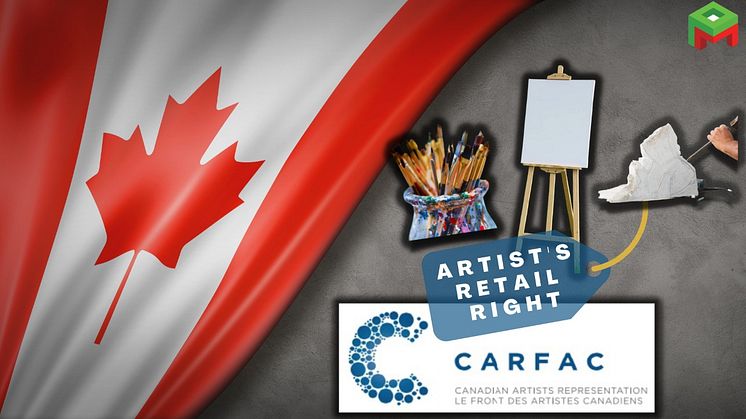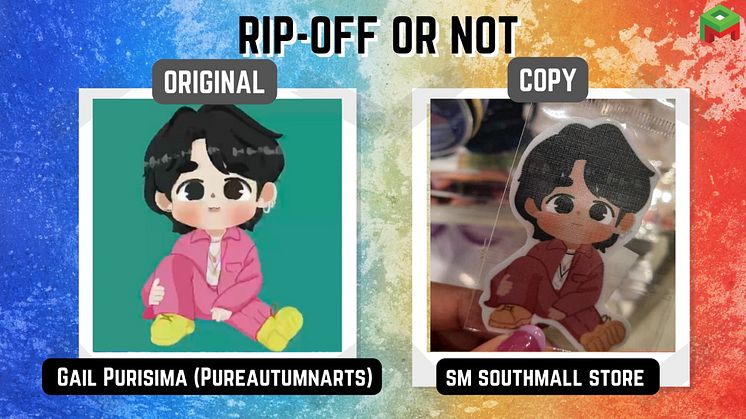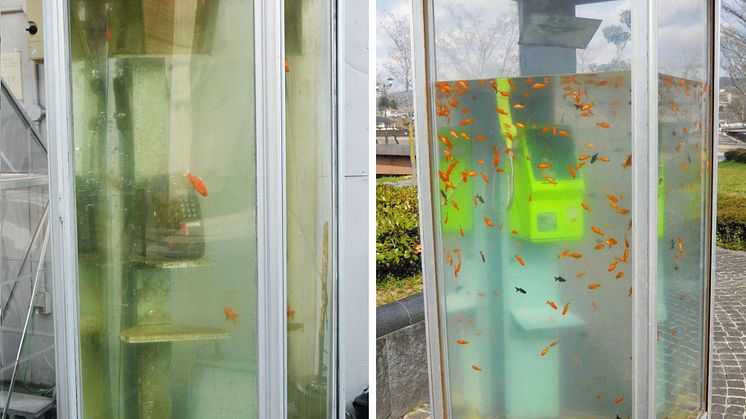
News -
Canada to amend copyright laws to include resale royalty for visual artists
The Canadian government is working towards amending its copyright laws to introduce a provision for the Artist’s Resale Right (ARR) that will allow the original artist to earn a royalty when the work is resold during the copyright period.
The move is aimed at protecting and improving economic conditions for Canadian visual artists, especially indigenous and senior artists. The estimated median income for these artists from all sources is around C$20,000 a year, and they receive no compensation when collectors resell their work at a higher price.
Laurie Bouchard, the spokeswoman for Innovation Minister François-Philippe Champagne who is currently drafting the reforms of copyright law along with Heritage Minister Pablo Rodriguez, said: “Our government is currently advancing work on potential amendments to the Copyright Act to further protect artists, creators, and copyright holders. Resale rights for artists are indeed an important step toward improving economic conditions for artists in Canada.”
Canadian artists’ representatives CARFAC and RAAV have been advocating for an ARR for artists for many years. They are pushing for a 5% royalty in resales, and for the estate to receive funds according to copyright rules decades after their death.
CARFAC’s Director April Britski, who believes that the ARR will benefit artists who lack access to primary markets and create artwork at a subsistence level, said: “It’s important to really acknowledge that half of our artists live in poverty,” and that “we all benefit from arts and culture, and our creators deserve a better, more stable income.”
Brtiski highlights an example of late Inuk artist Kenojuak Ashevak. In 1960, she created the now-iconic image known as the Enchanted Owl, which was first offered for sale in Cape Dorset, Nunavut, for merely C$24. One of the limited-edition prints set a record in November 2018 when it sold for C$216,000. However, because Ashevak, who died in 2013, had already sold the item, her estate did not receive any proceeds from the sale.
It claims that at least 90 nations, including the UK and France, have artist resale rights already, but Canada is lagging behind, causing many artists to give up their craft since they cannot support themselves from it.
However, the Art Dealers Association of Canada has voiced opposition to the reforms, claiming that they will increase the cost of art, decrease sales, and create a bureaucratic nightmare for small galleries.
Mark London, who owns Galerie Elca London in Montreal, which specializes in Inuit art, told a parliamentary committee studying the issue in 2018, “We think it’s a terrible idea.”
PitchMark helps innovators deter idea theft, so that third-parties that they share their idea with get the idea but don’t take it. Visit PitchMark.net and register for free as a PitchMark member today.






